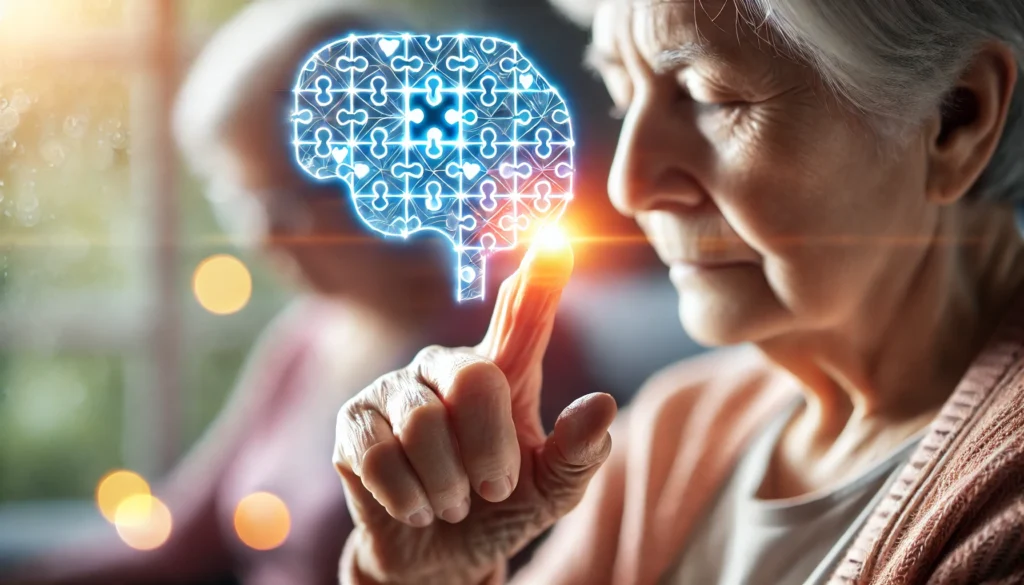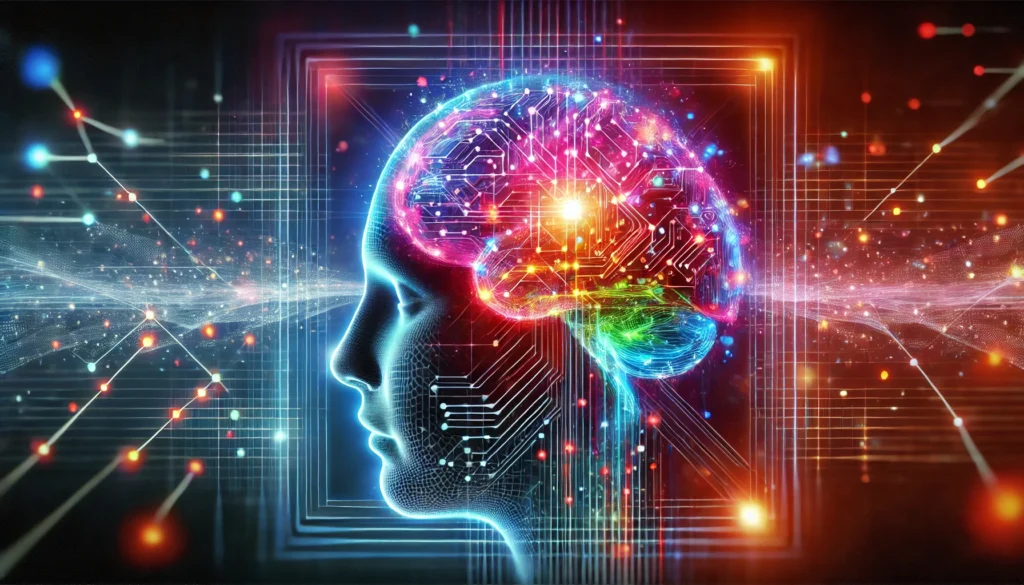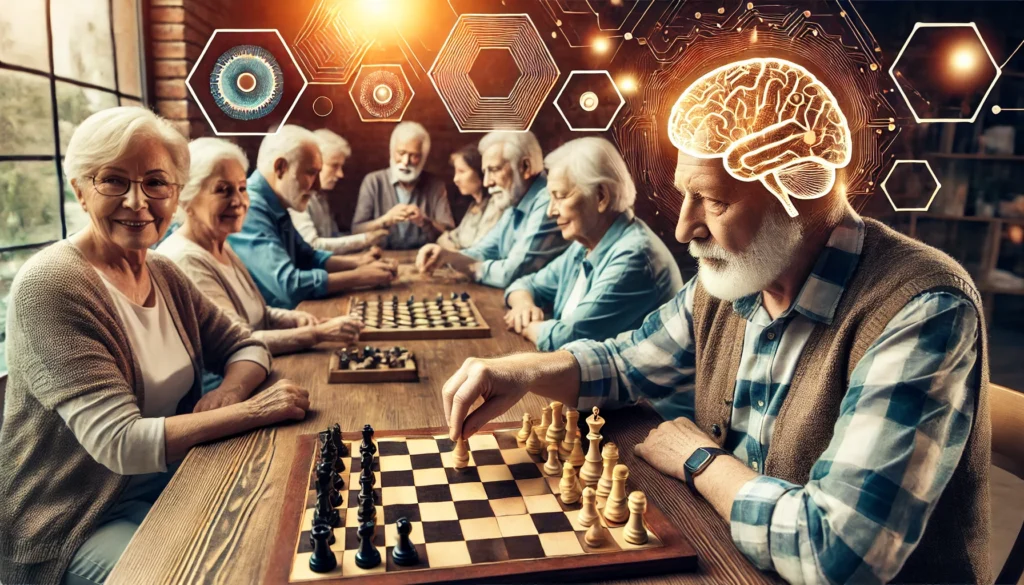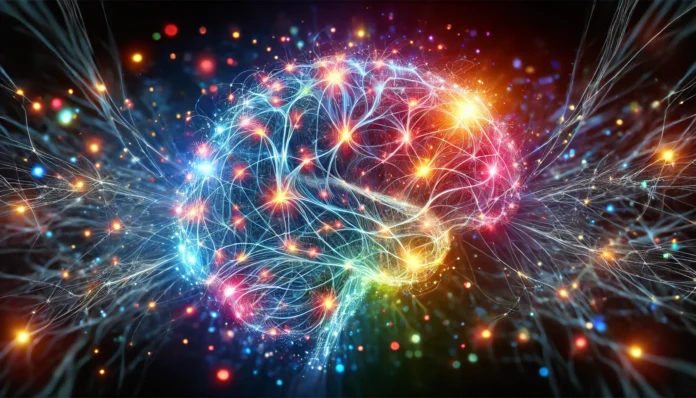Introduction
Cognitive exercises have gained significant attention in recent years as a means to enhance mental acuity, slow cognitive decline, and support overall brain health. With the increasing prevalence of age-related cognitive disorders and mental health concerns, understanding the science behind cognitive exercises is more crucial than ever. How do cognitive exercises work to strengthen neural pathways? Can they truly improve mental health, and if so, to what extent? These are fundamental questions that researchers, clinicians, and individuals seeking mental clarity and longevity often ask.
You may also like: Stay Mentally Sharp in Your 70s: How to Turn Your Aging Brain Around with Science-Backed Strategies
Brain training programs, memory exercises, and cognitive challenges promise to improve cognition, but do they deliver? The effectiveness of such exercises is often debated, with some studies supporting their benefits while others question their long-term impact. In this article, we will explore the mechanisms behind cognitive training, analyze its scientific foundations, and evaluate its real-world impact on mental well-being. We will also examine whether brain games improve mental health and the role of structured mind exercises in cognitive resilience.
Understanding Cognitive Exercises and Brain Training
Cognitive exercises refer to structured mental activities designed to enhance cognitive functions such as memory, attention, problem-solving, and reasoning skills. These activities range from simple puzzles and memory games to complex problem-solving tasks and brain-training programs. While traditional methods such as reading, writing, and strategic games have long been considered beneficial, digital platforms have recently taken center stage in cognitive training.
Cognitive training works by engaging different areas of the brain, stimulating neuroplasticity—the brain’s ability to reorganize itself by forming new neural connections. The brain is not a static organ; it continuously adapts and rewires based on experiences and activities. Cognitive exercises harness this adaptability by repeatedly challenging the brain, encouraging the formation of new pathways that enhance mental agility.
One of the key aspects of cognitive training is its specificity. Unlike general mental activities, structured cognitive exercises target particular cognitive domains. For instance, memory training focuses on improving recall abilities, while problem-solving tasks enhance logical reasoning. By consistently practicing these exercises, individuals can strengthen neural circuits, potentially reducing the risk of cognitive decline.

The Role of Neuroplasticity in Brain Training
Neuroplasticity is the foundation of cognitive training. This concept refers to the brain’s ability to reorganize and form new neural connections throughout life. While neuroplasticity was once believed to be limited to childhood, research has shown that it continues well into adulthood and old age.
When individuals engage in cognitive exercises, they activate different regions of the brain, leading to increased synaptic activity and the growth of dendrites, which facilitate communication between neurons. Over time, these strengthened connections improve cognitive efficiency, enabling individuals to process information more quickly and effectively.
For example, studies have shown that individuals who engage in regular problem-solving activities, such as crossword puzzles and Sudoku, exhibit greater cognitive flexibility and a reduced risk of neurodegenerative diseases like Alzheimer’s. Similarly, bilingual individuals who frequently switch between languages have been found to possess enhanced executive function and cognitive control, attributed to the constant engagement of multiple brain regions.
Neuroplasticity also underlies the concept of brain reserve, which refers to the brain’s ability to compensate for age-related changes or damage. By building a robust network of neural connections through cognitive exercises, individuals may develop a higher cognitive reserve, potentially delaying the onset of cognitive decline.
Do Brain Games Improve Mental Health?
A common question among researchers and consumers alike is whether brain games improve mental health. Numerous studies have explored this topic, with varying conclusions. Some research suggests that engaging in structured brain training can lead to improvements in specific cognitive abilities, such as memory, attention, and problem-solving. However, the extent to which these benefits translate to overall mental health is still debated.
One of the most well-documented benefits of brain games is their potential to reduce stress and anxiety. Engaging in mentally stimulating activities can serve as a form of cognitive distraction, helping individuals shift their focus away from stressors and into a structured, goal-oriented task. This process can promote relaxation and reduce symptoms of anxiety and depression.
Furthermore, cognitive training has been linked to increased self-efficacy and confidence in cognitive abilities. Older adults who participate in brain training programs often report feeling more capable and independent in their daily lives, contributing to overall well-being. Improved cognitive function can also enhance social interactions, as individuals with strong memory and problem-solving skills may find it easier to engage in meaningful conversations and activities.
Nevertheless, some researchers caution that the benefits of brain games may be task-specific, meaning improvements in one area (e.g., pattern recognition) may not necessarily transfer to general cognitive abilities. While brain games may enhance skills within a particular domain, their impact on overall mental health may require additional interventions, such as physical exercise, social engagement, and a healthy diet.
How Do Cognitive Exercises Work to Support Emotional Well-Being?
Beyond their role in enhancing cognitive abilities, cognitive exercises also play a critical role in emotional well-being. Mental health is deeply intertwined with cognitive function, and engaging in cognitive exercises can have positive effects on mood regulation and emotional resilience.
Cognitive exercises that involve problem-solving and critical thinking activate the prefrontal cortex, a brain region responsible for decision-making and impulse control. Strengthening this area through cognitive training can lead to better emotional regulation and reduced susceptibility to stress. For individuals struggling with anxiety or depression, structured cognitive activities can serve as a therapeutic tool, helping them develop resilience against negative thought patterns.
Moreover, cognitive exercises can enhance self-awareness and mindfulness. Activities that require sustained attention, such as meditation-based cognitive training, can improve focus and reduce rumination—a common symptom of anxiety and depression. By promoting cognitive control and emotional regulation, these exercises can contribute to a more balanced and positive mental state.

Frequently Asked Questions (FAQ)
1. Do brain games improve mental health?
Brain games have been shown to have a positive impact on mental health by stimulating cognitive functions and enhancing problem-solving skills. Engaging in activities like puzzles, memory challenges, and strategic thinking games can improve focus and reduce stress levels. Studies indicate that regularly playing brain games may help delay cognitive decline by keeping the mind active and adaptable. Additionally, these games promote neuroplasticity, which is the brain’s ability to reorganize itself by forming new neural connections. While brain games alone are not a cure-all, they are an effective tool when combined with other mental wellness activities such as exercise, social engagement, and a balanced diet.
2. How do cognitive exercises work?
Cognitive exercises are designed to challenge the brain by engaging different regions responsible for memory, reasoning, and problem-solving. These exercises enhance brain function by stimulating neural pathways and encouraging the growth of new synaptic connections. Activities such as crossword puzzles, learning new languages, and playing chess require mental effort, which helps maintain cognitive resilience. Additionally, cognitive exercises work by reinforcing existing knowledge and improving the speed at which the brain processes information. When practiced consistently, these exercises contribute to long-term mental sharpness and can potentially lower the risk of neurodegenerative conditions like dementia.
3. Do mind games improve mental health in older adults?
Yes, mind games play a crucial role in maintaining mental health among older adults by keeping their cognitive abilities sharp. Engaging in word puzzles, number games, and logic challenges has been linked to improvements in memory retention and problem-solving skills. Mind games also offer a sense of accomplishment, reducing feelings of isolation and depression in seniors. Some research suggests that structured cognitive training through mind games can even help delay the onset of Alzheimer’s disease. However, for optimal mental health benefits, it’s best to integrate these games into a routine that includes physical activity and social interactions.
4. What are the best brain games to improve cognitive function?
The best brain games for cognitive function include puzzles like Sudoku, crossword puzzles, memory-matching games, and strategic board games like chess. These activities require focus, strategic thinking, and recall, which contribute to brain plasticity and mental agility. Digital applications that offer brain training programs, such as Lumosity and Elevate, have been designed to target specific cognitive functions. Multiplayer strategy games also provide a social component, which has been shown to further boost cognitive resilience. Regular engagement in a variety of brain games helps maintain cognitive function and adaptability over time.
5. Can cognitive exercises help with memory improvement?
Cognitive exercises are particularly effective in enhancing memory, as they stimulate the brain’s ability to encode, store, and retrieve information efficiently. Activities such as storytelling, memory card games, and sequential number recall exercises help strengthen neural connections linked to memory. Research shows that mnemonic devices and association techniques incorporated into cognitive exercises can improve recall abilities. Regular engagement in such exercises also promotes mental flexibility, making it easier to adapt to new information. While cognitive exercises alone won’t prevent memory decline, they are an essential part of a holistic approach to brain health.
6. How often should you engage in brain training for optimal benefits?
For optimal benefits, engaging in brain training exercises at least three to five times a week is recommended. Consistency is key, as the brain strengthens connections through repeated stimulation. Short, focused sessions of 20–30 minutes can be more effective than occasional longer sessions. Varying the type of brain training activities, such as alternating between memory games and problem-solving tasks, ensures comprehensive cognitive engagement. Additionally, combining brain training with other lifestyle factors like a healthy diet, exercise, and quality sleep maximizes the benefits of mental exercises.
7. Are there age-specific cognitive exercises for seniors?
Yes, there are cognitive exercises specifically designed for seniors to maintain brain health and cognitive function. These include simple memory recall activities, verbal fluency games, and problem-solving challenges that stimulate critical thinking. Activities like storytelling, jigsaw puzzles, and trivia games are effective and enjoyable for older adults. Interactive games that involve social engagement, such as group card games or online multiplayer games, can further enhance cognitive resilience. Additionally, mindfulness exercises like guided meditation and breathing techniques also contribute to cognitive well-being in seniors.
8. Can brain training prevent dementia?
While brain training cannot completely prevent dementia, it can help delay cognitive decline and improve mental agility. Studies have shown that individuals who regularly engage in cognitive exercises exhibit slower rates of memory deterioration compared to those who do not. Learning new skills, practicing problem-solving activities, and engaging in mentally stimulating games all contribute to maintaining cognitive function. It’s important to combine brain training with other healthy habits, such as a nutritious diet, physical exercise, and social interactions, to support overall brain health. Early engagement in cognitive exercises may provide long-term benefits in reducing dementia risk.
9. What role does problem-solving play in cognitive exercises?
Problem-solving is a critical component of cognitive exercises, as it challenges the brain to analyze, reason, and find solutions. Activities that require problem-solving, such as logic puzzles, riddles, and strategy games, improve cognitive flexibility and decision-making skills. These exercises help strengthen neural pathways involved in critical thinking and reasoning. Engaging in problem-solving activities also enhances the brain’s ability to process complex information efficiently. Over time, regular problem-solving exercises contribute to overall mental sharpness and better cognitive resilience.
10. Are digital brain training apps as effective as traditional cognitive exercises?
Digital brain training apps can be highly effective, provided they are used consistently and as part of a diverse cognitive training routine. Apps like Lumosity, Peak, and Elevate offer scientifically designed exercises targeting different cognitive functions such as memory, attention, and problem-solving. However, traditional cognitive exercises such as reading, learning a musical instrument, or engaging in conversation also provide significant mental benefits. Combining digital training with real-world activities ensures a well-rounded approach to cognitive development. Additionally, interactive and multiplayer digital brain games add a social component, which can further enhance mental well-being.

Conclusion: The Future of Cognitive Training
Cognitive exercises offer a promising avenue for improving mental agility and overall well-being. While research continues to explore their full potential, existing studies suggest that engaging in structured brain training can enhance cognitive function, promote neuroplasticity, and support emotional well-being.
However, cognitive exercises should not be viewed as a standalone solution for mental health. A comprehensive approach that includes physical activity, social engagement, a balanced diet, and adequate sleep is essential for maintaining cognitive and emotional resilience.
As technology advances, the future of cognitive training may incorporate personalized, adaptive brain-training programs tailored to individual cognitive profiles. These innovations hold the potential to further optimize brain function and mental health, empowering individuals to lead cognitively enriched lives well into old age.
Ultimately, understanding how cognitive exercises work can help individuals make informed decisions about brain training and mental health interventions. By integrating cognitive exercises into daily life, individuals can take proactive steps toward maintaining cognitive vitality and emotional well-being for years to come.
brain training activities, cognitive stimulation exercises, mental agility games, brain workout challenges, memory boosting techniques, senior cognitive fitness, improve mental sharpness, mind strengthening exercises, memory recall practice, brain activity for elderly, senior cognitive health, thinking skills enhancement, brain function support, elderly brain health tips, improve cognitive abilities, mental exercises for seniors, boost brain performance, sharpen thinking skills, mental flexibility training, aging brain wellness
Further Reading:
The impact of online brain training exercises on experiences of depression, anxiety and emotional wellbeing in a twin sample
22 brain exercises to improve memory, cognition, and creativity
The Influence of Exercise on Cognitive Abilities
Disclaimer
The information contained in this article is provided for general informational purposes only and is not intended to serve as medical, legal, or professional advice. While Health11News strives to present accurate, up-to-date, and reliable content, no warranty or guarantee, expressed or implied, is made regarding the completeness, accuracy, or adequacy of the information provided. Readers are strongly advised to seek the guidance of a qualified healthcare provider or other relevant professionals before acting on any information contained in this article. Health11News, its authors, editors, and contributors expressly disclaim any liability for any damages, losses, or consequences arising directly or indirectly from the use, interpretation, or reliance on any information presented herein. The views and opinions expressed in this article are those of the author(s) and do not necessarily reflect the official policies or positions of Health11News.


